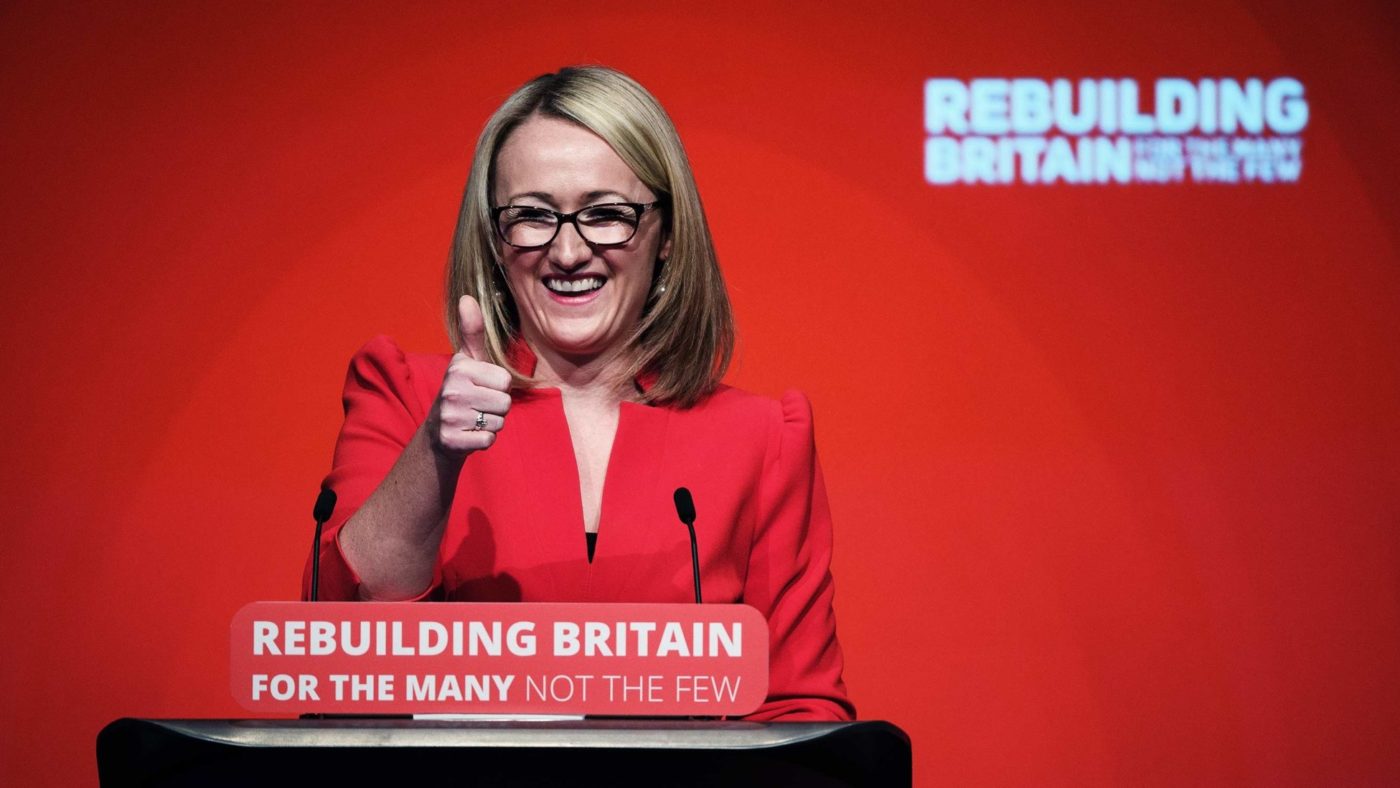The UK’s tax code is incredibly long and complicated. We should not reasonably expect the average person to understand it. In fact, it’s so long and so complicated that it would be unfair to expect politicians to understand it all.
However, it’s reasonable to expect the Shadow Business Secretary to have a decent grasp of how business taxation works, or at the very least surrounded herself with people who do.
So it was disappointing, to say the least, to read Rebecca Long-Bailey tweet this yesterday:
“In 2017 Amazon subsidiaries in the U.K. paid £5 million in tax while making £8.6 billion in sales. That’s like someone on £30k paying just £17 in tax.”
There are two conclusions we could draw from this. Either Long-Bailey does not understand that corporation tax is paid on profit, not revenue, or she and her team know that perfectly well but decided to tweet it anyway.
Both options are disturbing, but given there are still plenty of knowledgeable people working for the Labour Party, the second seems more likely. After all, what’s a bit of detail set against the big, bold message that Big Corporations are not paying their fair share of tax.
The important question is how Labour plans to get more money out of businesses such as Amazon. Given that corporation tax is paid on profits not revenue and so this would mean increasing the corporation tax rate, introducing new taxes, or both.
All three options would be a mistake. Jeremy Corbyn likes to point out that corporation tax has been cut in the UK over the past few years and ours is among the lowest rates among advanced economies. This is certainly true, but it is in keeping with global trends over the past decade. Most countries recognise that businesses are mobile and international, and set their tax rates accordingly.
But that is not the whole story as far as the UK is concernd. While it is certainly true that the UK’s headline rate of corporation tax has decreased in recent years the effective marginal tax rate on investment by businesses has actually increased.
That’s because the Government has reduced the amount firms can claim back for investing in plants, machinery and new building. Increasing the rate of corporation tax would only further discourage investment, worsening a situation which is already sapping the UK’s productivity.
But there’s a much more basic problem with Labour’s whole approach to business taxation. I doubt many Labour staffers spend their time learning Milton Friedman quotes, but they would do well to remember his observation that “businesses don’t pay tax, people do”.
A business does not pay tax, in the same way that your house doesn’t pay stamp duty and your TV doesn’t write a cheque to the BBC for the licence fee. Any increase in tax will be borne either be shareholders in the form of lower returns, consumers in the form of higher prices, or staff in the form of lower wages and fewer benefits.
Does corporation tax need reforming? Probably. It made a lot more sense when it was introduced in 1965, but business and the world have changed dramatically. We need to rethink how we tax businesses. Simply increasing the rate or introducing a raft of new taxes is not the solution.


